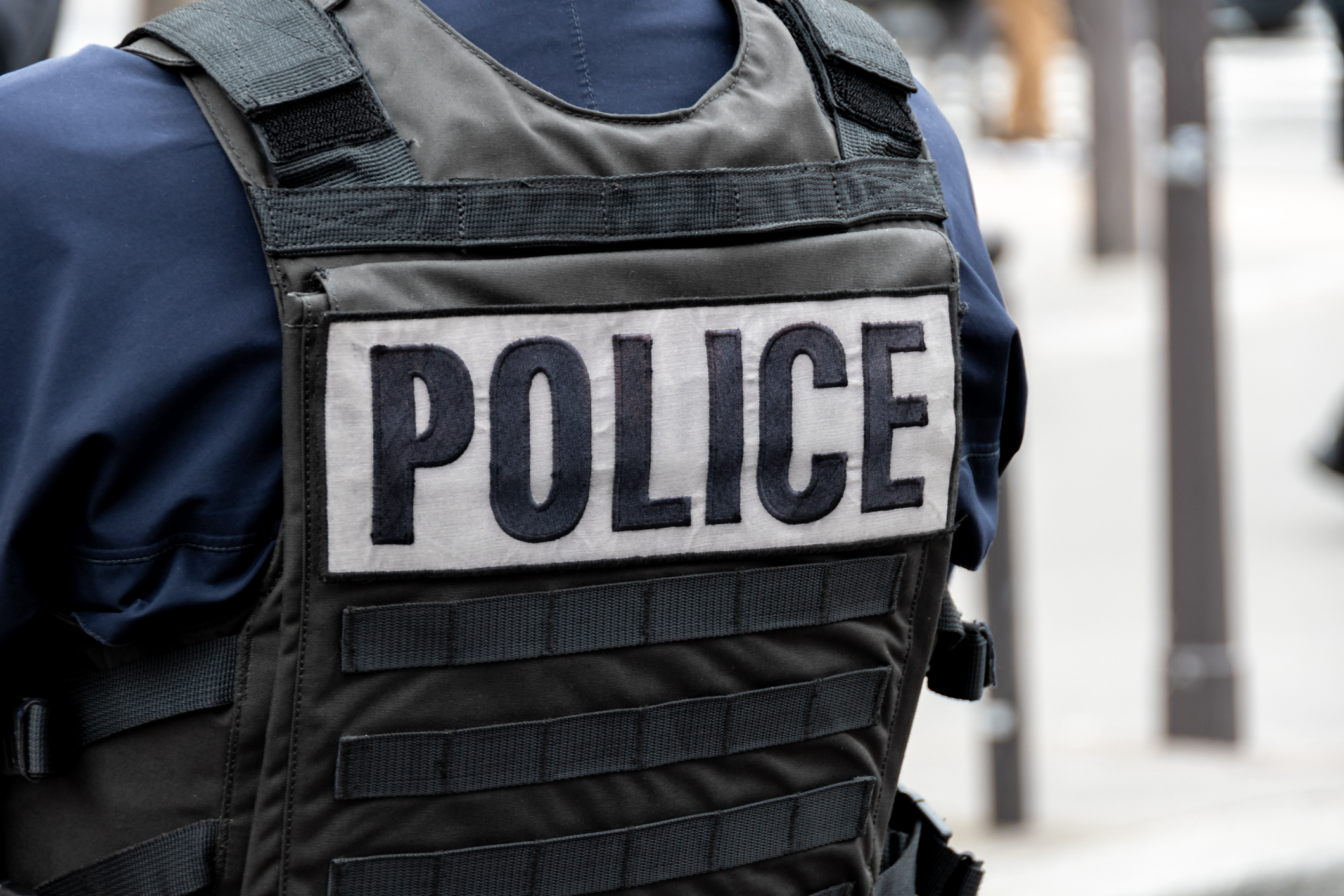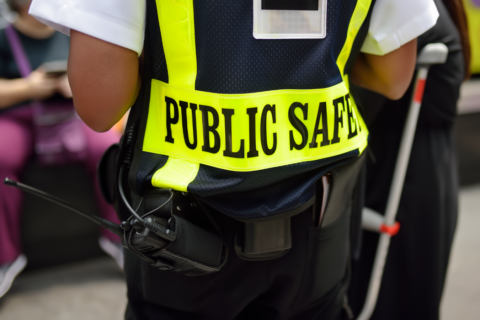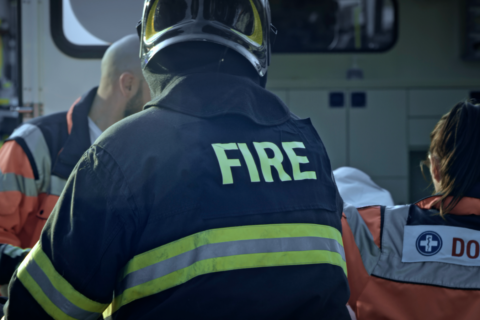In the evolving landscape of law enforcement, specialized police units have become commonplace in addressing community issues that traditional patrol units may struggle to handle effectively. While these units play a crucial role, incidents of misconduct within them can lead to severe consequences, including the erosion of public trust, compromising officer safety and undermining the core mission of law enforcement agencies.
The tragic death of Tyre Nichols in 2023 served as a catalyst for change, prompting the U.S. Department of Justice (DOJ) to take proactive measures. In response, the DOJ committed to providing a comprehensive guide aimed at assessing and enhancing the use of specialized units by state and local law enforcement agencies. This pivotal guide, titled “Considerations for Specialized Units: A Guide for State and Local Law Enforcement Agencies to Ensure Appropriateness, Effectiveness, and Accountability,” was released on January 10, 2024.
The DOJ’s Office of Community Oriented Policing Services (COPS) Office and the National Policing Institute (NPI) spearheaded extensive research and engaged in vital discussions with law enforcement leaders, community stakeholders and civil rights advocates. The objective was clear: To gather diverse perspectives and experiences, ensuring the guide would be tailored to the unique needs of various state, local, tribal, and territorial (SLTT) law enforcement agencies.
A Guide for Local Elected Officials
Local elected officials can leverage this guide to work collaboratively with their law enforcement executives. By focusing on the four critical stages of a specialized unit’s development, officials can ensure that the deployment of these units aligns with the unique circumstances of their communities.
- Formation: Tailoring Units to Community Needs. The guide encourages local officials to explore key considerations when establishing a specialized unit. This involves aligning the unit’s goals with the specific needs and priorities of the community. By involving community input in the formation process, officials can ensure that the specialized unit is not only effective but also well-received by the people it serves. Agencies are advised to define the problem addressed by specialized units, gathering diverse perspectives from various stakeholders, including patrol officers, government, nonprofits, commercial organizations, and impacted community members. Additionally, the law enforcement agency should define the unit’s mission, scope, culture, and establish clear policies and procedures during its creation.
- Personnel Selection and Supervision: Ensuring Quality and Effectiveness. Addressing the importance of personnel selection and supervision is crucial in fostering the success of specialized units. Officials are urged to prioritize the selection of qualified individuals for specialized roles and implement effective supervision strategies. This step is essential for maintaining a high standard of professionalism within these units, ultimately contributing to their overall effectiveness.
- Management and Accountability: Preventing Misconduct and Ensuring Transparency. Emphasizing robust management practices and accountability mechanisms is a key component of the guide. Performance metrics should align with the law enforcement agency and specialized unit’s mission, emphasizing outcome-focused metrics like crime reduction and community safety over traditional output metrics. Additionally, customize data collection should be based on the unit’s nature, include qualitative information in officer ratings, and establish clear metrics, review frequency, baselines, and risk mitigation policies to ensure transparency in their operations. Local officials are encouraged to work with their law enforcement executives to implement strategies that prevent misconduct within specialized units, ensuring transparency and accountability. This not only safeguards the reputation of law enforcement agencies but also fosters trust within the community.
- Community Engagement: Building Trust and Collaboration. Highlighting the significance of involving the community in the development and ongoing activities of specialized units, the guide emphasizes the need for trust and collaboration. Local elected officials can play a pivotal role in facilitating meaningful engagement between the community and law enforcement. Before deploying a specialized unit, it is crucial to comprehend the context of community challenges and establish a community communication plan. Local officials are encouraged to engage with community members prior to forming or disbanding a specialized unit, ensuring ongoing feedback during deployment, and actively involve subsets of the community hesitant to communicate with law enforcement. Additionally, local officials should consider employing third parties within the community to gather perspectives that may be challenging to obtain directly. This collaborative approach ensures that the specialized units truly serve the community’s best interests.
Adapting Considerations to Unique Communities
Recognizing the diverse landscape of law enforcement agencies, the guide is not presented as strict mandates but as a set of considerations. Local elected officials are encouraged to work with their law enforcement executives to adapt these considerations to the unique circumstances of their communities, making the guide a practical and actionable resource.
A Catalyst for Positive Change
In conclusion, the guide can serve as a tool for local elected officials, law enforcement leaders, and communities alike. By prioritizing safety, accountability, and community engagement, the guide empowers officials to make informed decisions about the formation and management of specialized units. This collaborative and effective approach to policing is intended to be a catalyst for positive change in the relationship between law enforcement and the communities they serve. As communities become more informed and engaged, the guide paves the way for a future where policing is not only effective but also deeply connected to the needs and values of the people it serves.








